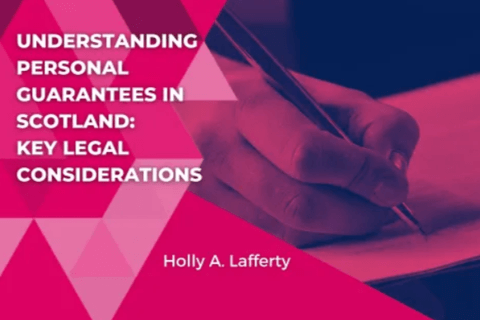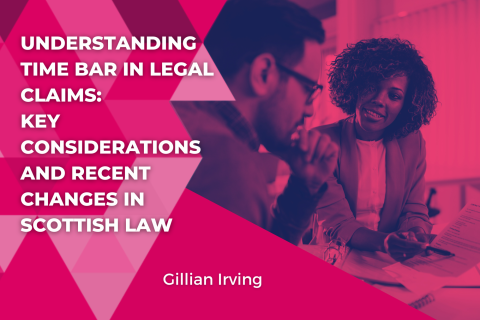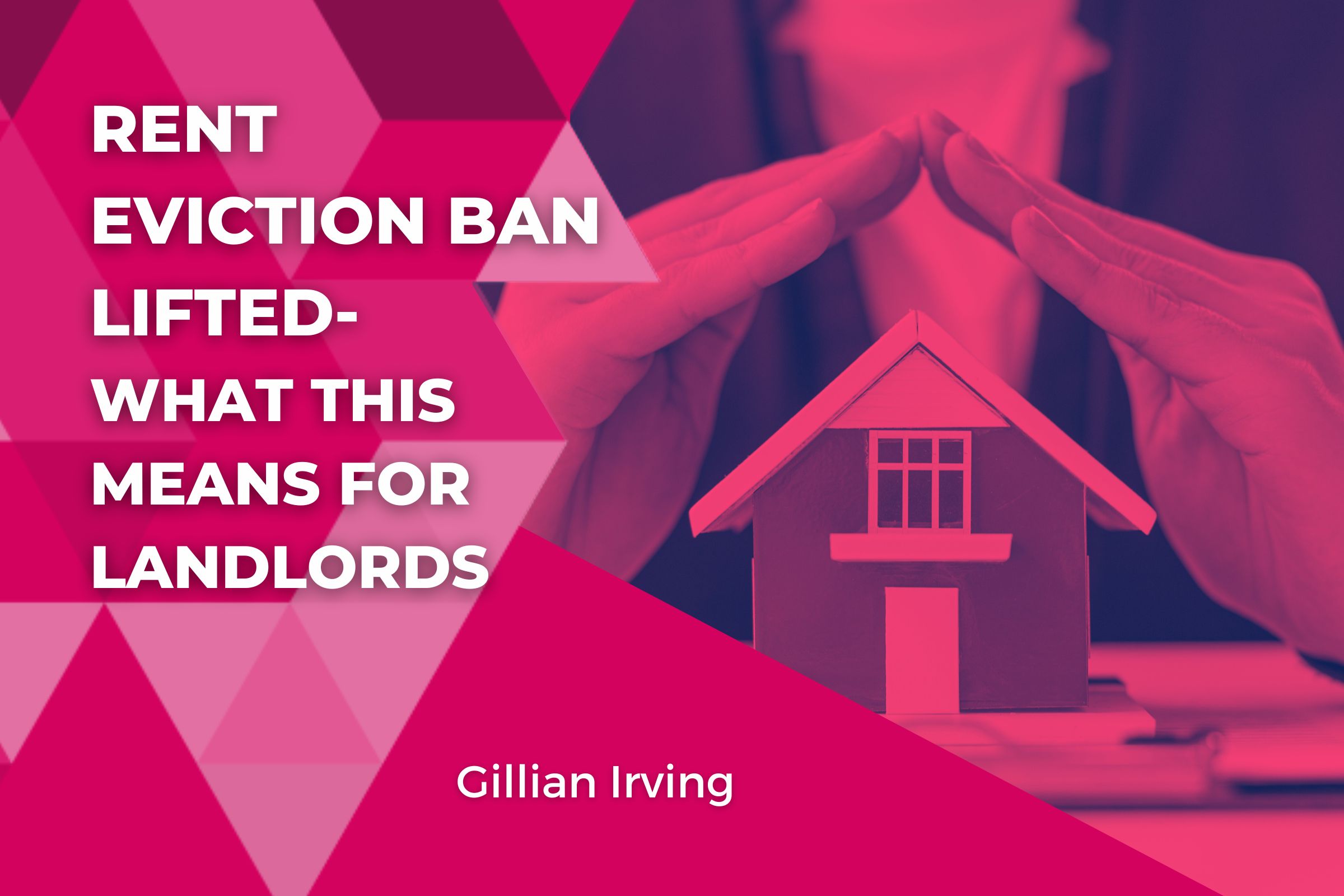Commercial Litigation
What is Litigation?
Litigation, or dispute resolution, can be necessary for many situations, including for commercial disputes, property disputes and contract disputes. The primary method of dispute resolution is court litigation, although various methods of Alternative Dispute Resolution (ADR) can also be used.
If court action is unavoidable, Miller Samuel Hill Brown will ensure you are represented by a litigation team with extensive experience assisting clients in tribunals, Sheriff Courts and the Court of Session.
The Litigation Process in Scotland
The majority of court actions take place in the Sheriff Courts, which deal with less complex and lower value claims. More complicated and higher value cases (over £100,000) are heard at the Court of Session in Edinburgh. The court system is adversarial, and the claimant (also known as the pursuer) must prove their case on the balance of probabilities.
Prescription and limitation periods
Prescription and limitation periods apply in slightly different ways to different types of claims. Generally, a person has between three and five years to bring a court action depending on the nature of the claim. For example, for a contract dispute, you must bring your claim within a five-year period, whereas personal injury claims must be brought within three years. If you are unsure about whether you still have a valid claim, please do not hesitate to get in touch.
Remedies and enforcement
The most common remedies in civil cases are a decree for payment or damages, or both. Specific performance (or implement), which compels a party to take a particular action, is also available as a primary remedy in Scotland.
There are a number of possible methods of enforcement that may be ordered by the courts in litigation cases:
- This is a common method in cases involving debt recovery, where funds held by, for example, a bank on behalf of the debtor, are frozen and then transferred to the party owed money.
- Money attachment. This procedure allows court officers to seize cash at the debtor’s business premises.
- Inhibition. This diligence prevents a debtor selling or mortgaging a property.
- Winding up petition. A winding-up order allows a creditor to petition for a company to be wound up with a claim on the assets of the company. This is similar to sequestration (bankruptcy) for individuals.
Litigation fees
Fees are not fixed by law. Costs are at the court’s discretion, based on the length and expense of the litigation and the conduct of the parties.
Civil litigation reform
The process of court reform in Scotland continues and 2018 should see the enactment of the Civil Litigation (Expenses and Group Proceedings) (Scotland) Bill, which aims to make civil justice more accessible and court costs more predictable.
Alternative Dispute Resolution (ADR)
Litigation and going to court is often unavoidable. It can, however, be resource consuming. ADR options include arbitration and mediation. ADR is an appropriate course of action where the parties wish their relationship to continue. Litigation is by its nature adversarial but by settling disputes by ADR, there is a good chance that parties can achieve a favourable outcome and the relationship can continue.
Mediation can be effective when parties are in deadlock with neither wishing to resort to the expense of the courts but where a settlement is in their best interests. Costs are usually split between the parties.
In arbitration, the neutral arbitrator decides on the admissibility and importance of the evidence and issues a binding decision. It is appropriate where the parties require a fast, efficient process.
Contact our Litigation Solicitors in Glasgow, Scotland
Whichever side of a dispute you find yourself on, the Litigation Lawyers at Miller Samuel Hill Brown can advise on the options most likely to achieve the best outcome. Call us on 0141 221 1919 or fill in our online contact form and we will get back to you shortly.
Get in touch today
News & Insights
Read the latest insights from our team

It is becoming increasingly common for lenders to look for ways to ensure payment when advancing funds. One of the most common ways they do this is by asking you—as an individual—to give a personal guarantee. What is a Personal

It is becoming increasingly common for lenders to look for ways to ensure payment when advancing funds. This is commonly done by way of personal guarantee. What is a personal guarantee? A personal guarantee is an individual’s legal promise to

When friendships become commercially entangled and contracts are breached, rest assured, not all hope is lost! Our recent case highlights the complexities that can arise when personal relationships intersect with business interests. Case Overview: Friendship to Business Partnership We were

Most legal systems around the world have a limit whereby the Pursuer must raise a claim; this is widely known as time bar. Alternatively, in Scotland, it can be known as prescription, and in England, it is known as limitation.

The Bankruptcy and Diligence (Scotland) Bill, passed on 6th June 2024, is an Act of the Scottish Parliament which has significantly modified the Bankruptcy (Scotland) Act 2016 to establish a mental health Moratorium. This Bill addresses debt recovery action by

What was the Eviction Moratorium in Scotland? The Tenant Eviction Moratorium came into place in 06 September 2022 by the Cost of Living (Tenant Protection) (Scotland) Act 2022 which meant that Landlords could still take steps toward evicting tenants such
Our Services
Are you looking for something else?






